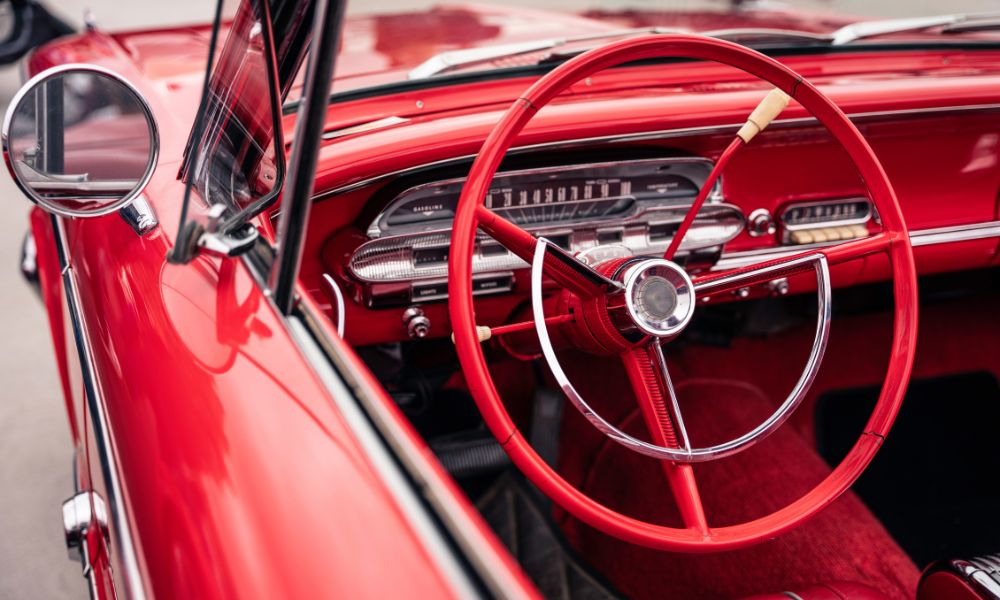
Are you considering purchasing a vintage vehicle? Before buying a classic car, ask yourself these questions to ensure you’re ready and capable of taking on the challenge and responsibility of owning an older model.
Why Do I Want a Classic Car?
The first and simplest question that you should consider is why you want a classic car in the first place. Is this something you’ve always wanted for personal reasons because of your love for classic cars? Or are you buying it as an investment you want to flip and make money on in a few months or years?
Do you want to restore a vintage vehicle by purchasing a cheap, beat-up model and rebuilding it to its former glory? How you answer this question will determine what type of car you want, its condition, and how much money you’re willing to invest in it.
Can I Afford It?
Classic cars are unlike other cars. Although old, they’re still expensive to purchase and own. When determining if you can afford a classic car, don’t just think of the sticker price but also the average cost per year to maintain a classic car. Older vehicles are naturally more susceptible to breakdowns and problems, requiring more care and attention. The last thing you want to do is stretch your wallet to buy a classic car and have it turn into a money pit of maintenance and repairs.
What’s the Classic Car Market?
Classic car buyers should always consider the current market when shopping for a new vehicle. The classic car market is always in flux, and depending on what vehicle you’re interested in, the value for certain models could be on the rise or decline. Consider what models are hot commodities on the market if the investment potential of finding a cheap one and restoring it is worthwhile in terms of value. If you find a classic car you’re interested in, look for similar sales of the model, see what others have paid, and compare it to what the seller is asking for.
Where Will I Keep It?
Another question to ask yourself before buying a classic car is where you’ll keep it. Older cars need greater care and protection. So you obviously can’t park them on the street or keep them in a barn or shed—at least not if you want it to maintain their value. Before buying a classic, ensure you have a climate-controlled garage or secure storage facility where you can keep it.
How Will I Handle Maintenance and Repairs?
How do you plan to take care of the crucial maintenance and any repairs needed for your new classic car? Can you do it yourself, or will you bring it to a mechanic? Older cars require specialized care, so it’s not like you can take yours to the nearest mechanic you can find. Look at local mechanics to find out which ones have the training and experience to work with older cars like the ones you’re interested in buying.
Those are just a few questions to consider when shopping for a vintage vehicle, but there are plenty more. Once you know the answers to these questions, you should be ready to buy and own a classic car without it becoming a hassle and financial burden.
